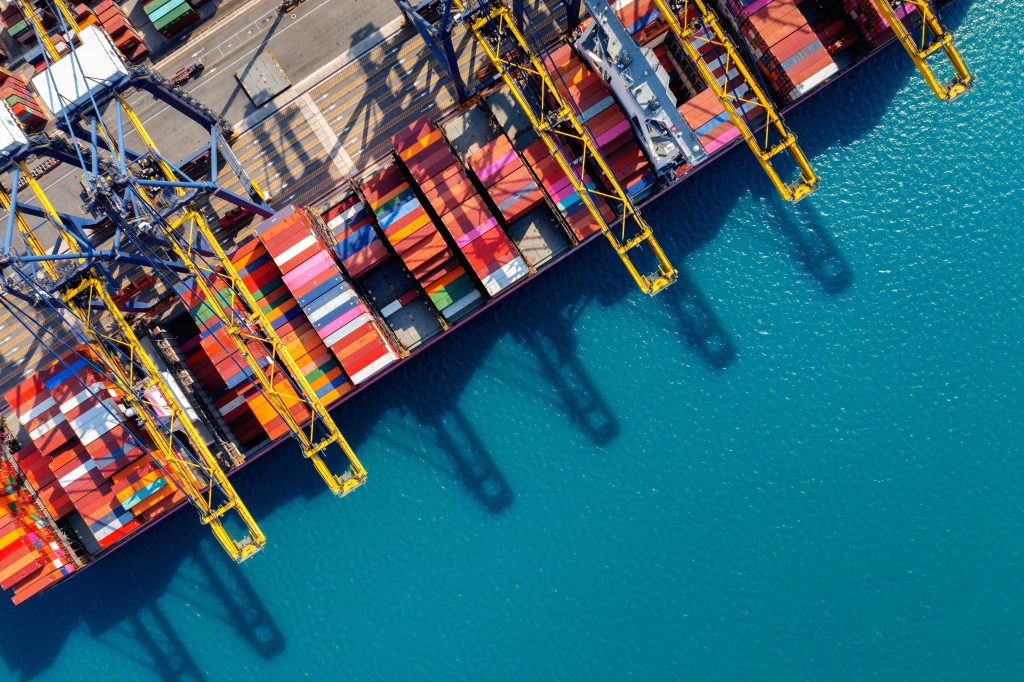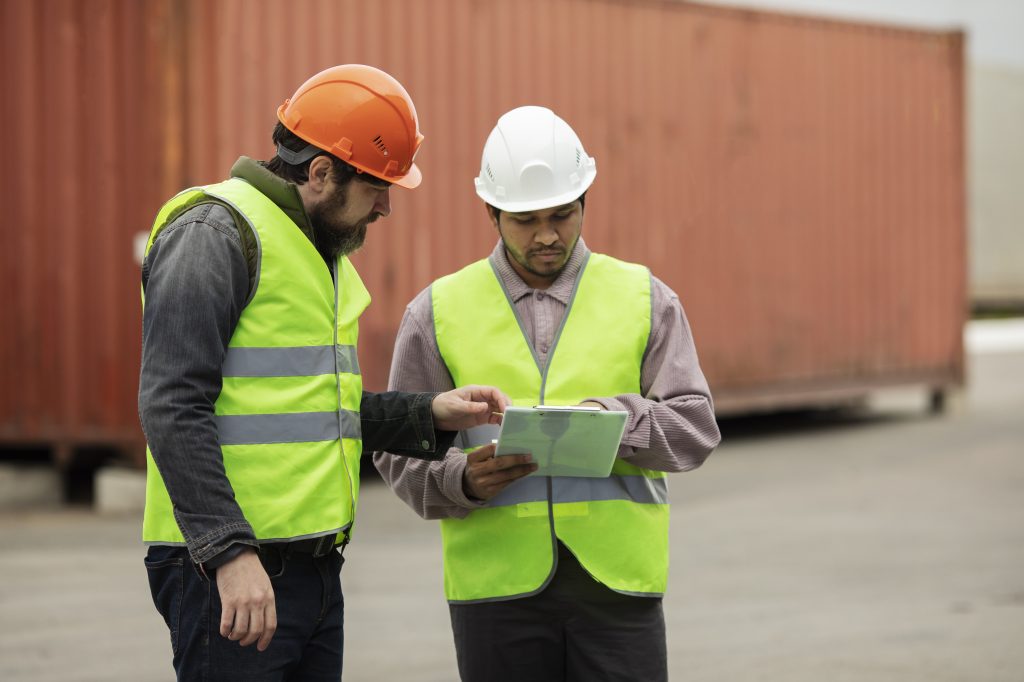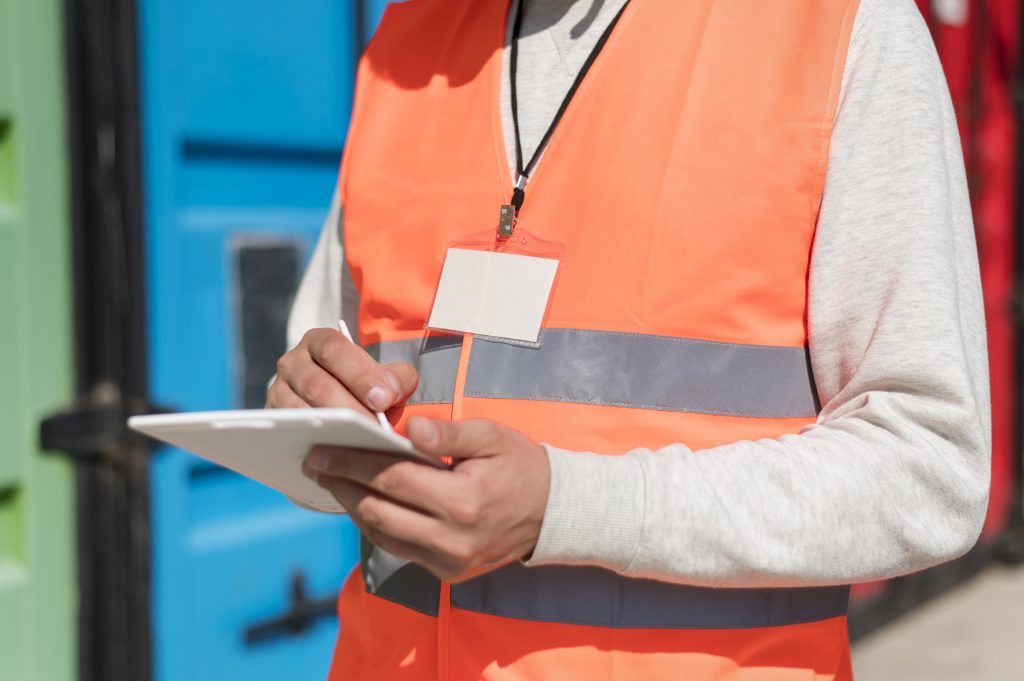Avoid These 5 Common Mistakes in Customs Valuation
Customs valuation is a critical process in international trade, as it determines the taxes and duties on imported products. However, it’s easy to make mistakes that can lead to penalties, delays, and additional costs. Here, we outline the 5 most frequent errors and how to avoid them.

What is Customs Valuation and Why is It Important?
Customs valuation is the process of determining the value of imported goods for calculating customs duties and taxes. This value is crucial because it directly affects the amount of tariffs that must be paid and ensures compliance with customs regulations.

The Importance of Accurate Customs Valuation
- Determining Tariffs: Tariffs are calculated as a percentage of the customs value, so an incorrect valuation can lead to paying too much or too little in taxes.
- Regulatory Compliance: Accurate valuation ensures adherence to customs regulations, avoiding penalties and fines.
- Commercial Competitiveness: Correct valuation affects product pricing and competitiveness in the market.

5 Common Errors in Customs Valuation
1. Undervaluation of merchandise: Undervaluation occurs when a customs value is declared lower than the actual value. Declaring a customs value lower than the actual value can lead to significant penalties and legal issues.
How to Avoid Undervaluation
- Declare the Actual Transaction Value: Use the price actually paid or payable, including additional costs such as transportation and insurance.
- Precise Documentation: Ensure all invoices and commercial documents reflect the true value of the goods.
2. Omission of additional costs: Additional costs such as transportation, insurance and commissions are often omitted from customs valuation. These costs must be included in the customs value for accurate valuation.
How to Avoid Omitting Additional Costs
- Include All Costs: Make sure all additional costs are included in the customs value declaration.
- Review Incoterms: Check your purchase contract to ensure all applicable costs are included.
How to Use Valuation Methods Correctly
- Apply Methods in Order: Follow the WTO order: transaction value, transaction value of identical goods, transaction value of similar goods, deductive method, constructed value method, and last resort method.
- Training and Advice: Educate your staff on customs valuation methods and consult experts if needed.
4. Incorrectly declaring discounts: Discounts applied to goods must be properly declared in customs valuation. Failure to do so may result in incorrect valuation.
How to Report Discounts Correctly
- Document Discounts: Keep clear documentation of all discounts and ensure they are correctly reflected on invoices.
- Consistency in Documentation: Ensure all supporting documents are consistent and reflect the discounts applied.
5. Not considering assistance: Assistance includes goods and services provided directly or indirectly by the buyer at no cost or at a reduced price, which must be included in the customs valuation. Ignoring these elements can lead to undervaluation.
How to Account for Assistance
- Identify Assists: Identify all assistance provided and include its value in the customs declaration.
- Documentation: Maintain detailed records of all assistance provided.

What are the customs valuation methods according to the WTO?
The WTO defines six customs valuation methods that must be applied in order:
- Transaction Value: Price actually paid or payable for the goods.
- Transaction Value of Identical Goods: Price of identical goods sold for export to the same country.
- Transaction Value of Similar Goods: Price of similar goods sold for export to the same country.
- Deductive Method: Value based on the unit price at which the goods are sold in the importing country.
- Constructed Value Method: Value based on the production cost of the goods.
- Last Resort Method: Value determined using reasonable methods consistent with WTO principles.

Customs valuation is complex but vital for international trade. Avoiding common mistakes in valuation can save you from penalties, delays, and additional costs. Accurately declare the transaction value, include all costs, use the correct methods, properly declare discounts, and consider assistance to ensure smooth international trade operations.
3 Advantages of Using an International Trade Company for Customs Valuation
An international trade company acts as an intermediary in Foreign Trade transactions, facilitating the import and export of goods. Involving a trading company in customs valuation offers several benefits:
- Expertise and Knowledge: They have a deep understanding of customs regulations and valuation procedures, ensuring accurate valuation and compliance.
- Cost Optimization: They can identify cost-saving opportunities, such as correct tariff classifications and applying trade agreements.
- Operational Efficiency: Outsourcing customs valuation allows companies to focus on core operations while benefiting from specialized expertise.
At CEDIMEX we support the growth of businesses by effectively marketing their products in international markets. Contact us!, to get a quote for the customs services you need.
